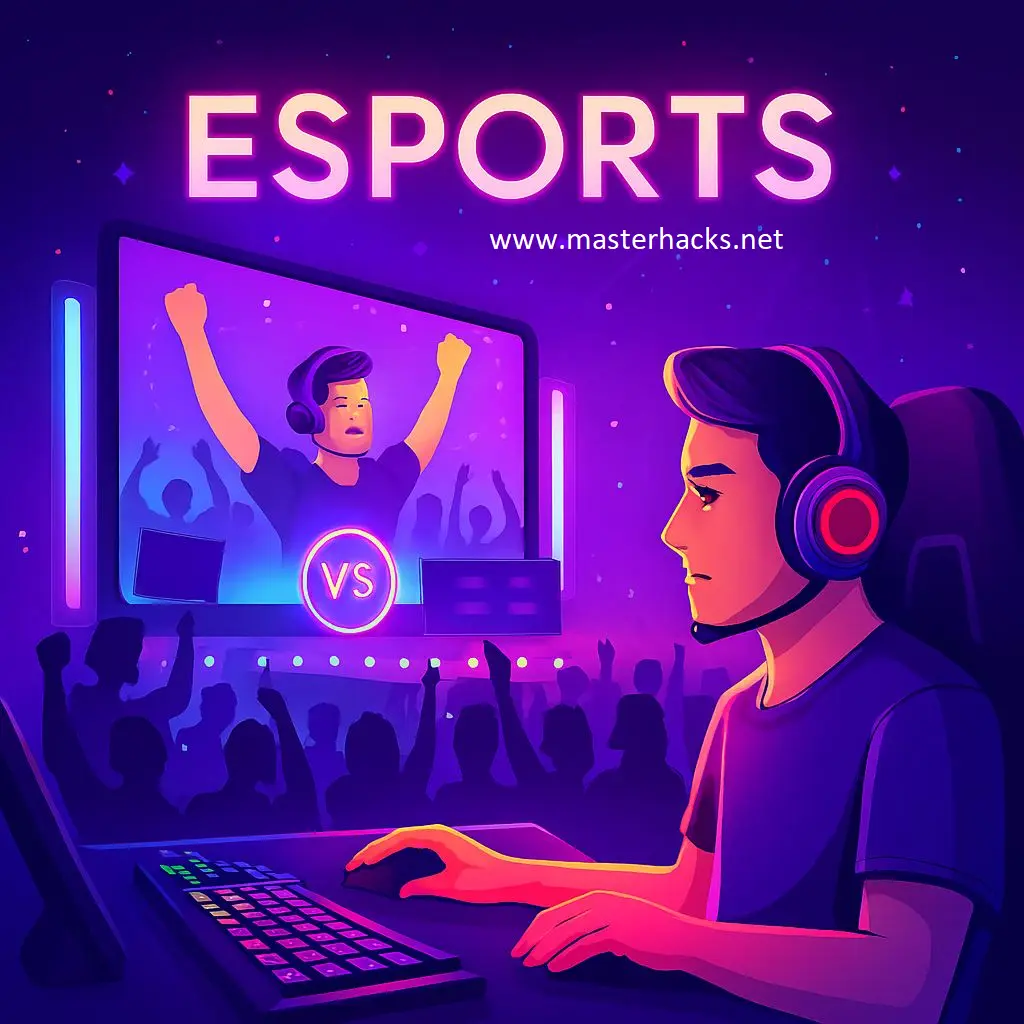The Rise of Digital Gaming Platforms
The gaming industry has undergone a radical transformation in the past decade, driven by advances in software, hardware, and connectivity. Once considered a niche hobby, gaming is now a global industry with billions in revenue, thriving professional competitions, and diverse communities. At the heart of this growth are digital platforms that enable players to connect, compete, and collaborate across the globe.
eSports as a Global Business
eSports has become one of the most dynamic sectors within gaming, drawing millions of viewers to live-streamed competitions. Professional players train with the intensity of athletes, while sponsors and investors back teams with significant financial support. Technology plays a critical role here, from cloud-based servers that ensure low-latency matches to AI tools that analyze player performance. For startups and established companies alike, eSports represents not just entertainment but a rapidly growing business model.
The Role of Online Platforms in Competitive Play
Online platforms are central to the expansion of gaming communities and competitive play. Sites like ShakeBet online illustrate how interactive systems bring together fans, players, and betting opportunities around major tournaments. These platforms leverage real-time data, secure payment systems, and advanced user interfaces to enhance engagement. By combining the excitement of competitive gaming with innovative business models, they demonstrate how technology fuels new opportunities in the industry.
Technologies Driving Innovation in Gaming and eSports
Behind the excitement of tournaments and interactive platforms lies an array of cutting-edge technologies that sustain growth and engagement. These advancements are reshaping the industry for developers, businesses, and players.
- Artificial Intelligence (AI): Used for match predictions, training simulations, and real-time analytics.
- 5G Connectivity: Ensures smooth gameplay and streaming experiences with reduced latency.
- Virtual Reality (VR) & Augmented Reality (AR): Introduce new immersive modes of play and viewing.
- Blockchain Integration: Creates transparent in-game economies, secure transactions, and NFT ownership.
Comparing Traditional Gaming and eSports Platforms
While casual gaming and eSports share common ground, their goals and technological applications differ. A comparative overview helps highlight how each side leverages innovation:
| Aspect | Casual Video Games | eSports Platforms |
| Audience Engagement | Entertainment-focused, social play | Competitive, team-based, global fan base |
| Technology Used | Game engines, AI bots, cloud gaming | Real-time analytics, live streaming, betting tools |
| Monetization Models | In-game purchases, ads, subscriptions | Sponsorships, tournaments, platform integration |
| Community Interaction | Online multiplayer, forums, co-op modes | Live chats, event streaming, interactive betting |
The table highlights how eSports amplifies traditional gaming into a structured, business-driven environment that attracts global audiences.
The Business Side of eSports
The rapid growth of eSports has sparked a surge in entrepreneurial ventures and investment opportunities. Startups are building platforms that connect fans to live events, while established businesses are integrating advanced payment gateways and AI-based engagement systems.
Key business opportunities in this ecosystem include:
- Data Analytics: Providing teams and fans with performance insights.
- Fan Engagement Tools: Interactive apps that increase loyalty and community participation.
- Sponsorship Models: Opportunities for brands to connect with younger, tech-savvy audiences.
- Cross-Platform Solutions: Seamless experiences across mobile, PC, and console.
Engineering Challenges and Innovations
Running global eSports platforms is no simple task. Developers must engineer systems that process massive amounts of real-time data without lag. Cybersecurity is also critical, as platforms manage financial transactions and personal user information. Startups and engineers alike are tackling challenges such as:
- Building scalable servers capable of handling millions of concurrent viewers.
- Developing fraud detection systems powered by AI.
- Ensuring seamless integration between streaming, betting, and social interaction tools.
- Designing immersive user interfaces that are accessible across devices.
These engineering efforts highlight how technology is not only enhancing user experience but also making platforms more secure and efficient.
The Future of Gaming and eSports
Looking ahead, the future of video games and eSports will continue to be defined by the fusion of technology and community. Platforms are evolving into all-in-one ecosystems where fans can watch, play, bet, and interact in real time. As innovations like VR, AR, and blockchain mature, they will unlock even deeper levels of immersion and personalization.
For businesses, startups, and tech enthusiasts, this industry represents one of the most promising arenas for innovation. With global audiences growing year after year, the potential for new ventures and disruptive technologies in gaming and eSports remains virtually limitless.
The transformation of gaming into a professional, global ecosystem underscores how technology shapes not just entertainment but entire industries. As developers, engineers, and entrepreneurs continue to experiment, the lines between play, business, and community will only grow closer.




